Proposal of a preliminary Planetary Protection protocol for the development of future Mars missions at the University of Vigo.
- 1Universidade de Vigo, Vigo, Spain
- 2European Space Astronomy Centre, Madrid, Spain
- 3Instituto Nacional de Tecnica Aeroespacial, Torrejon de Ardoz, Madrid, Spain
- 4Centro de Astrobiología, Torrejon de Ardoz, Madrid, Spain
Planetary protection (PP) is the scientific discipline that aims to keep the celestial bodies under study and the Earth free of biological and molecular contamination from samples that could have been brought back by space missions. Currently, this discipline is mainly focused on minimising the disturbance of planets and satellites in order to keep their environment pristine. The Committee on Space Research (COSPAR) is the body in charge of determining the good PP practices that the different space agencies must comply with [1]. These standards were developed taking into account, in particular, factors such as being located in the habitable zone, with the consequent possibility of the presence of liquid water and sufficient availability of energy on these celestial bodies. This means that the conditions of the environment could be compatible with some terrestrial microorganism, therefore, contamination could occur. For this reason, researchers from space organizations dedicated to the study of these bodies (who see contamination as a problem) should strictly follow the rules proposed by COSPAR, in order to avoid compromising future research.
This paper presents the implementation of a planetary protection protocol in a hypothetical mission launched in 2030 by a student organisation called Uvigo Spacelab [2], which currently carries out missions in orbit around the Earth that do not require a PP protocol. The 2030 mission would aim to launch a lander and a rover to explore the surface of Mars, meaning that this mission falls into the proposed category IV with COSPAR so it would require a defined PP protocol and a change in the maintenance of facilities to keep biological contamination under control.
For the elaboration of the protocol, firstly, a visit to the ESAC facilities in Madrid was carried out, in order to personally meet researchers and projects in the aerospace area. On the other hand, a visit was also made to the INTA-CAB facilities, in order to see a cleanroom dedicated to planetary protection and receive training in astrobiology and PP from experts who worked for the Raman Laser Spectrometer (RLS) project [3], with the purpose to complete and reinforce the knowledge acquired from the bibliographic resources consulted.
This learning was then applied by performing a microbiological sampling prior to the start of the mission, following a NASA sampling method, in order to quantify the accumulated bioburden in the ISO 7 cleanroom of Uvigo Spacelab. At the same time, another cleanroom with the same classification but dedicated to semiconductor and biomedical device processing at the CINTECX [4], was quantified under the same sampling method in order to compare the bioburden incorporated in the ISO 7 rooms with engineering activities. Finally, the rules and improvements to be implemented to ensure compliance with the pre-launch bioburden, which is established by the PP standards for this type of mission were drafted.
References:
[1] COSPAR Panel on Planetary Protection, 2020. COSPAR Policy on Planetary Protection. Space Res. Today 208, August 2020, Pages 10-22. https://doi.org/10.1016/j.srt.2020.07.009
[2] Rull, et al. The Raman Laser Spectrometer for the ExoMars Rover Mission to Mars. Astrobiology.Jul 2017.627-654. http://doi.org/10.1089/ast.2016.1567
[3] UVigo Spacelab: https://uvigospacelab.space/
[4] CINTECX Centro de Investigación en Tecnologías, Energía y Procesos Industriales de la Universidad de Vigo http://cintecx.uvigo.es/
Keywords: Astrobiology, Planetary Protection, Cleanrooms, COSPAR.
How to cite: Ramírez Ramos, A., Ulla Miguel, A., Cardesin-Moinelo, A., Sieiro Vázquez, C., Moral Inza, A., Chiussi, S., Berrocal Bravo, A., Aguado Agelet, F., Camanzo Mariño, A., and Briones Llorente, C.: Proposal of a preliminary Planetary Protection protocol for the development of future Mars missions at the University of Vigo., Europlanet Science Congress 2022, Granada, Spain, 18–23 Sep 2022, EPSC2022-500, https://doi.org/10.5194/epsc2022-500, 2022.

